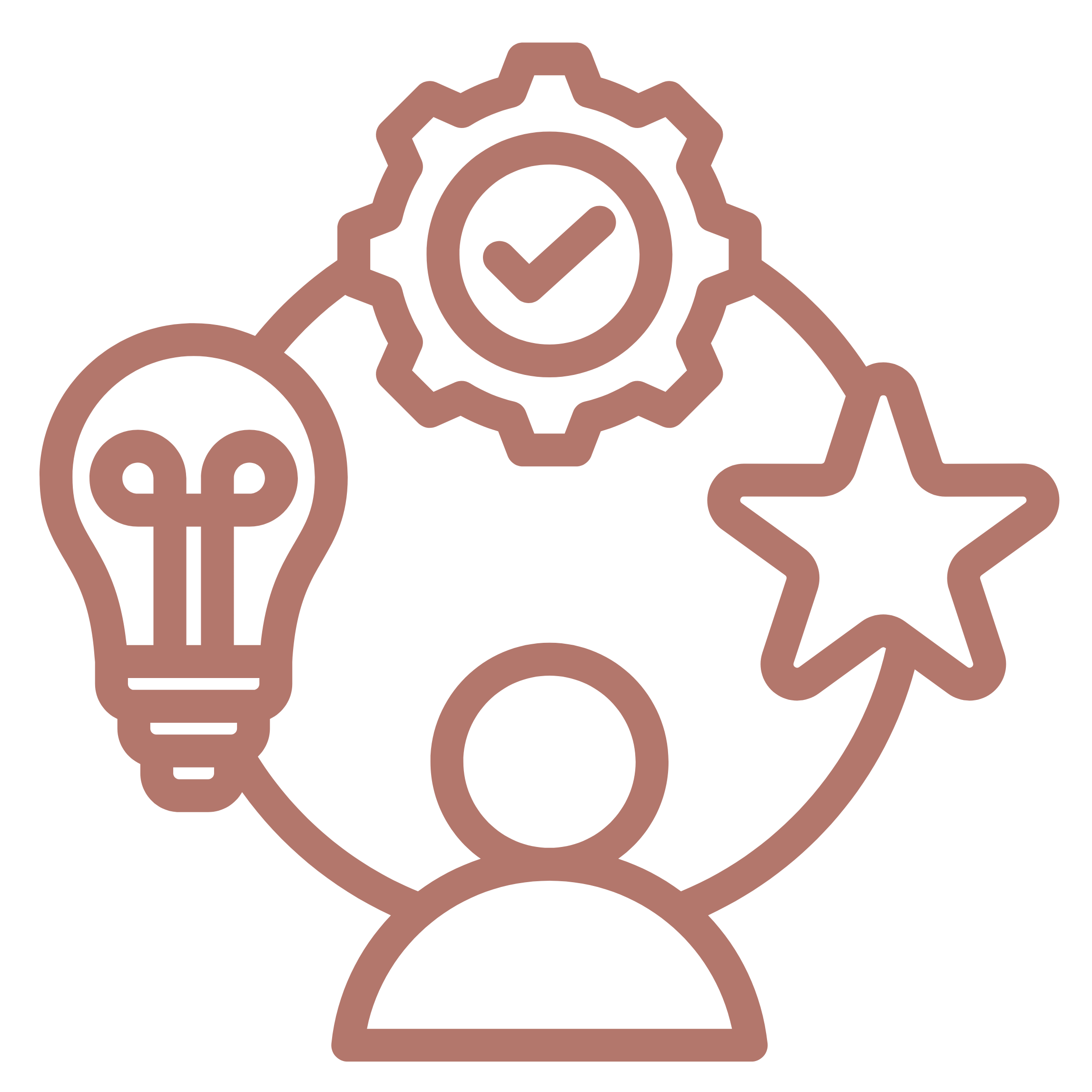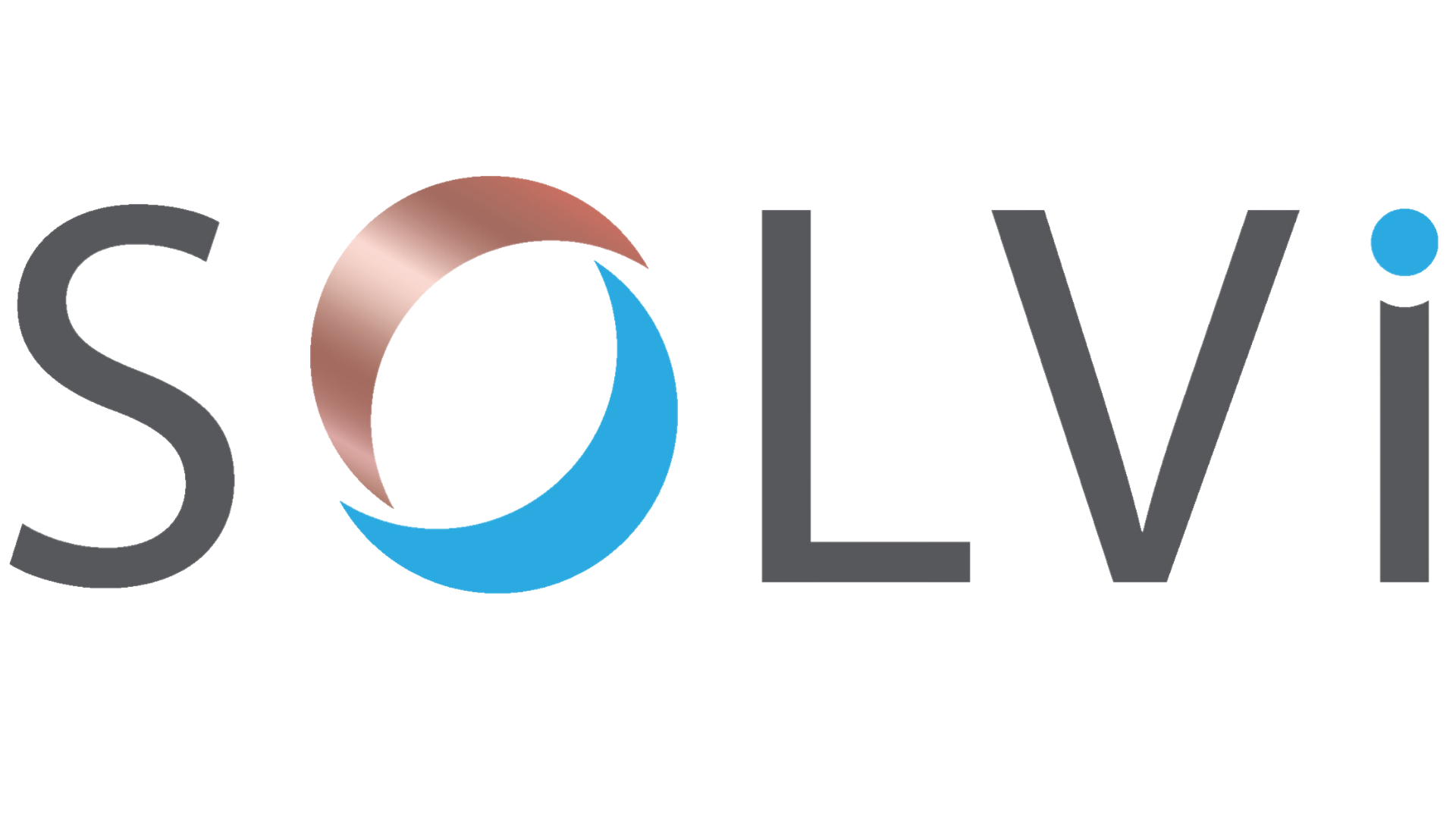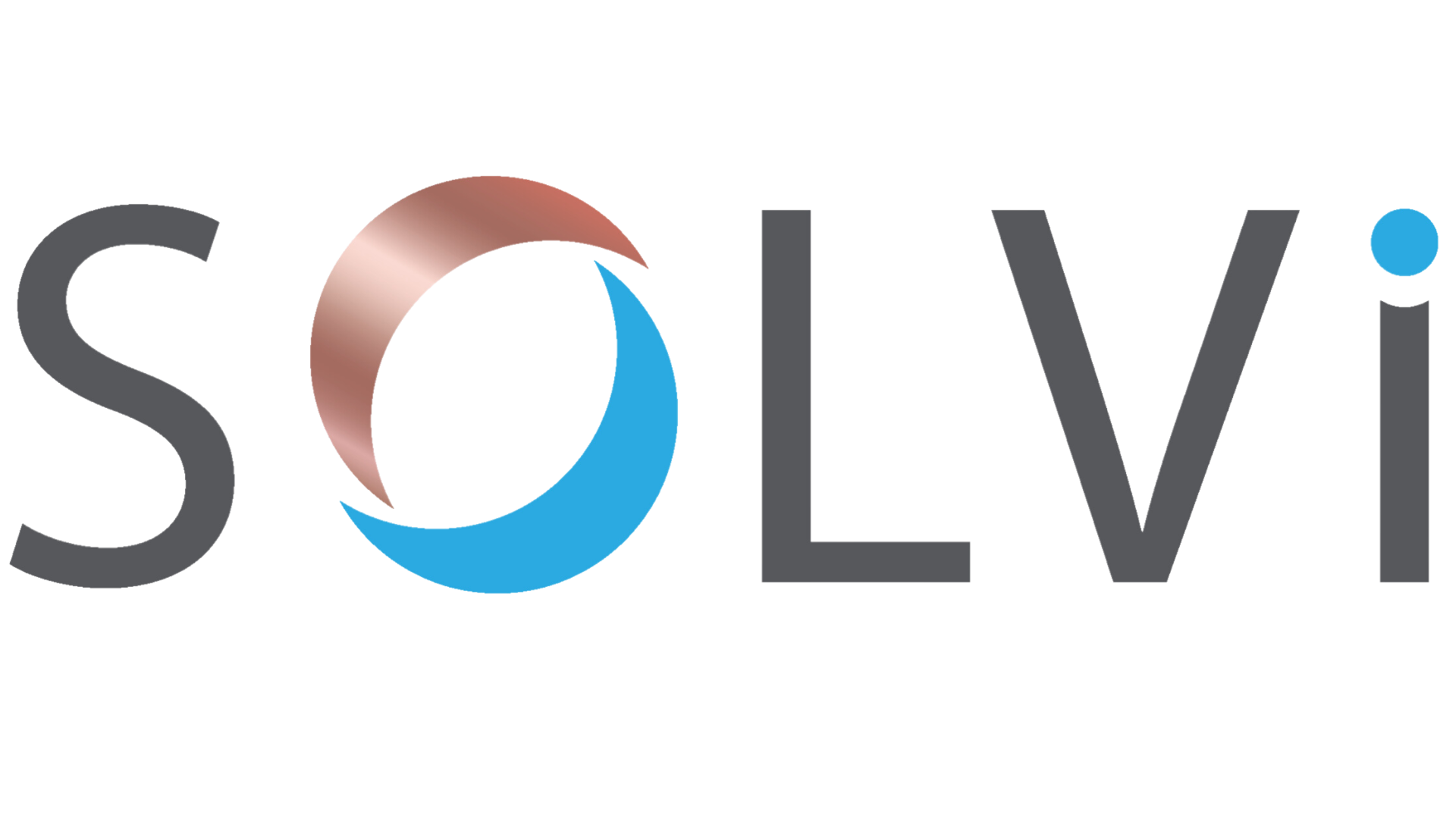Australia is a great place to live and work. Our passion is to help Registered Nurses living overseas to work and experience the great Aussie lifestyle. However, navigating the complexities of migrating to Australia can be daunting.
SOLVi Migration has been assisting nurses to gain registration and successfully migrate independently. Our dedicated team of legal experts specialises in guiding overseas registered nurses through the intricate visa and registration processes, ensuring a smooth transition to working in Australia.
We are committed to providing personalised support every step of the way, from initial eligibility assessments and visa applications to professional registration and employment advice. Trust us to help you achieve your dream of a rewarding nursing career in Australia.

VISA’S WE CAN HELP WITH

Employer Sponsored

Skilled Independent
MAKING AUSTRALIAN MIGRATION EASY

How long does the migration process take?
Migrating to Australia is an exciting prospect, offering a new life filled with opportunities and adventures. However, it’s crucial to understand the costs involved in this journey. One of the biggest mistakes people make is diving into the process without first determining if they meet the eligibility requirements. This can lead to significant financial outlay without any guarantee of success. In this blog, we'll explore the various costs associated with migrating to Australia.
Understanding Eligibility
Before you even think about the costs, the first step is to find out if you meet the eligibility requirements for migration. This isn't as straightforward as it seems, as there are numerous factors to consider:
For many visa subclasses, particularly skilled migration visas, you need to have certain educational qualifications and work experience. Some people may find that their current qualifications aren’t sufficient, meaning they may need to undertake further studies or competency examinations to meet the criteria.
Age is a significant factor in many visa applications. For example, the General Skilled Migration (GSM) program has an age limit of 45 years, in which case you may need to be sponsored under a type of labour agreement with age concessions. Health conditions, for both you and your dependents, can also impact your eligibility. Australia has strict health requirements to ensure that migrants do not place undue burden on the public healthcare system.
With over 140 subclasses of visas, each with different application fees and eligibility criteria, it's essential to develop the right visa strategy. Sometimes, you may need to apply for multiple visas in sequence before achieving your ultimate migration goal. For instance, you might start with a temporary visa, such as a subclass 482 Temporary Skill Shortage visa, before transitioning to a permanent visa like the subclass 186 Employer Nomination Scheme visa. Each step in this process involves additional costs and requirements.
Understanding Your Migration Pathway
The time it takes to migrate to Australia also depends on your specific migration pathway. Here are the main pathways and their typical timelines.
Employer-Sponsored Visas
If you're migrating under an employer-sponsored visa, several steps must be completed before you can lodge your visa application:
Sponsorship and Nomination
Your employer must first become an approved sponsor and then nominate you for a specific role. This process can take several months, depending on the employer's familiarity with the process and the time it takes to gather the necessary documentation.Lodging the Visa Application
Once the sponsorship and nomination are approved, you can lodge your visa application. Processing times for employer-sponsored visas like the subclass 482 Temporary Skill Shortage visa can range from a few months to over a year, depending on the complexity of your case and the current processing priorities of the Department of Home Affairs.
General Skilled Migration (GSM)
The GSM pathway includes visas like the subclass 189 Skilled Independent visa and the subclass 491 and 190 Skilled Nominated visas. The timeline for these visas involves several stages:
Expression of Interest (EOI)
You must submit an EOI through SkillSelect. This step involves gathering and submitting detailed information about your skills, experience, and qualifications.
Invitation to Apply
You must wait for an invitation to apply for a visa. Invitations are issued periodically and are based on points rankings. The waiting time for an invitation can vary greatly, from a few weeks to several months, depending on your occupation and the current demand, and meeting the eligibility requirements does not guarantee you will be nominated.
Visa Application
Once invited, you can lodge your visa application. Processing times for GSM visas can range from a few weeks to over a year.
External Factors Affecting Processing Times
Several external factors can impact the time it takes to process your visa application:
The Department of Home Affairs frequently updates its processing priorities. Certain occupations and visa subclasses may be prioritised over others, affecting how quickly your application is processed.
Migration programs and quotas can change without notice, impacting the availability of invitations and the speed at which applications are processed. Staying informed about these changes is crucial.
Events such as global health crises or political changes can significantly affect migration processing times. These factors are often beyond your control but should be considered when planning your migration.
The Importance of Planning and Patience
Migrating to Australia is not a quick process, and it's essential to approach it with careful planning and patience. Here are some tips to help you navigate the timeline:
Begin preparing your documents and understanding the requirements as soon as possible.
Keep up to date with changes in migration policies and processing times.
Engaging a migration professional can save you time and reduce stress.
Understand that the process can take time and that delays are sometimes inevitable.
Conclusion
The time it takes to migrate to Australia varies significantly based on several factors, including your eligibility, the migration pathway you choose, and whether you engage a migration professional. While the process can be lengthy and complex, proper preparation and professional guidance can help you navigate it more smoothly and efficiently.
At SOLVi Migration, we are dedicated to helping you achieve your migration goals with expert advice and personalised support. Contact us today to get started on the right path and make your Australian dream a reality.
Ready to embark on your migration journey? Let SOLVi Migration guide you every step of the way. Get in touch with us today and let’s get started!
✅ Book a paid legal consultation with SOLVi Migration today.
We’ll assess your situation and give you a clear legal strategy to migrate independently to Australia.

✅ Need help with AHPRA registration? Join our Nurse Registration Course.
Get cost-effective, expert guidance and access to a supportive community so you can secure your AHPRA registration and move forward with your migration plans.
FAQS
What qualifications do I need as a nurse to migrate to Australia?
Generally, you will need a nursing qualification that is recognised in Australia, such as a bachelor’s degree in nursing or an equivalent qualification. You will also need to meet registration requirements with the Australian Health Practitioner Regulation Agency (AHPRA).
What is the process for registering as a nurse in Australia?
To practice as a nurse in Australia, you must be registered with AHPRA. The process involves submitting an application, providing proof of your qualifications and professional experience, and meeting English language requirements. Our team can assist you with this process - Read More.
Will I need a skills assessment?
Yes, most visa applications for nurses require a skills assessment conducted by the Australian Nursing and Midwifery Accreditation Council (ANMAC). This assessment ensures your qualifications and experience meet Australian standards. We can assist you with preparing and submitting your skills assessment application. Read more ...
What are the English requirements?
Depending on the pathway you gain registration and what visa pathway you take, the English requirements can vary from Competent to Proficient levels of English. Read More ...
What if me or my family has a health condition?
If you or a family member has a health condition, it is important to have the possible impact on your migration assessed by a professional before you submit any visa application. The Department of Home Affairs will require health assessments to ensure the condition does not pose a significant cost or burden to the Australian healthcare system. We can help you understand the implications and prepare the necessary documentation. Read more ...
What if me or my family have a character issue?
Character issues, such as past criminal records, must be disclosed in your visa application. The Department of Home Affairs assesses character issues on a case-by-case basis. We can provide advice on how to address these issues and the potential impact on your application.
Are visa fees refundable?
Visa fees are generally non-refundable, even if your application is refused or withdrawn. It is crucial to ensure your application is complete and meets all requirements to avoid losing your fee. Our team can help you prepare a strong application to minimise the risk of refusal.
What if I've been refused a visa in the past?
If you have been refused a visa in the past, it is essential to understand the reasons for the refusal and address them in any new application. We can review your previous refusal and advise on the best course of action to improve your chances of success.
Can I bring my family with me?
Yes, many visa types allow you to include eligible family members, such as your spouse or partner and dependent children, in your application. We can advise on the requirements and process for including your family in your migration plans.
Can't you find my a sponsor to pay for everything?
While some employers may offer sponsorship, which can cover visa and relocation costs, it is important to understand the conditions tied to employer-sponsored visas. Also worth noting, a sponsor is not legally required to pay your application fees. These conditions can include staying with the employer for a certain period. We can help you explore your options and find the best pathway for your situation. Read more ...
How long will the process take?
The processing time for visa applications can vary depending on the type of visa and individual circumstances. Generally, it can take from a few months to over a year. Our team will provide an estimated timeline based on your specific situation and keep you updated throughout the process.
What are the costs of migrating?
Costs can include visa application fees, skills assessment fees, and potentially relocation expenses. The exact costs will depend on the visa pathway you choose and any additional services you require. We will provide you with a transparent breakdown of costs during your consultation. Read more...
DOWNLOAD OUR FREE GUIDE ON EVERYTHING YOU NEED TO KNOW TO WORK IN AUSTRALIA
Contact Us
All RIGHTS RESERVED LIABILITY LIMITED BY A SCHEME APPROVED UNDER PROFESSIONAL STANDARDS LEGISLATION. LEGAL PRACTITIONERS EMPLOYED BY SOLVI PTY LTD (ABN 16 658 861 182) ARE MEMBERS OF THE SCHEME.
The information published on this webpage should not be taken as legal advice rather it should be considered for information purposes only.
COPYRIGHT © 2024 SOLVI PTY LTD
Contact Us
All RIGHTS RESERVED LIABILITY LIMITED BY A SCHEME APPROVED UNDER PROFESSIONAL STANDARDS LEGISLATION. LEGAL PRACTITIONERS EMPLOYED BY SOLVI PTY LTD (ABN 16 658 861 182) ARE MEMBERS OF THE SCHEME.
The information published on this webpage should not be taken as legal advice rather it should be considered for information purposes only.
COPYRIGHT © 2024 SOLVI PTY LTD








